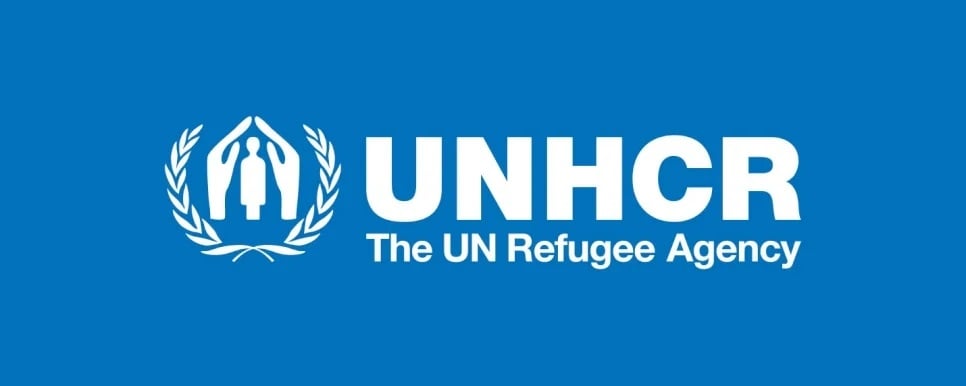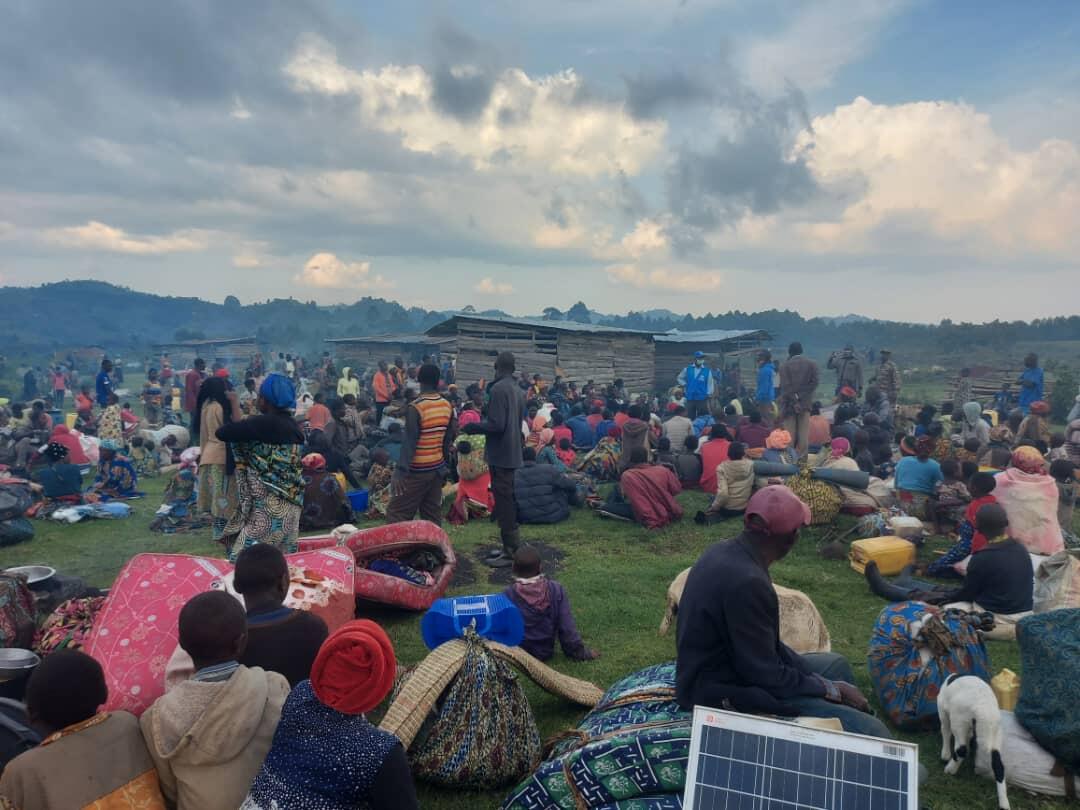Attacks in north-east Congo force thousands to flee to Uganda

Attacks in north-east Congo force thousands to flee to Uganda
Samuel Ngabu and his family fled their home in February when men with machetes attacked their village in the Democratic Republic of the Congo’s Ituri province. The attack triggered months of uncertainty and fear as they looked for shelter.
“They looted and burnt down everything in their way, killing men, women and children,” said the 32-year-old.
Samuel, his wife and three young children spent months in a nearby town, sleeping outside, without enough food or water. The conditions were so unbearable the couple decided to send their older children to live with their grandmother in a neighboring village, so they could go back home and see if it was safe to return. They found the village destroyed, their house reduced to ashes.
Samuel and his wife were rebuilding their lives, when they were attacked again.
“Going back to the bush was not an option anymore, so we joined a group of people fleeing to Uganda,” said Samuel. He borrowed money to take a boat, escaping across Lake Albert with his wife and baby. There was no time to collect his other children and he is worried about their fate. At the time of the attack, they were living with the children's grandparents in a village called Logo.
Up to 7,500 refugees have arrived in Uganda this month, following reports of renewed inter-communal clashes between Hema and Lendu groups in north-east Congo. Over 300,000 people are also displaced inside the country and an average of 311 refugees are now crossing the border daily, double the numbers last month.
“Going back to the bush was not an option anymore, so we joined a group of people fleeing to Uganda."
Samuel’s account reflects that of scores of refugees and asylum-seekers arriving in Uganda with little more than the clothes on their backs. All tell stories of brutality at the hands of armed groups going from village to village, looting, burning houses, killing men, women and children. Some refugees have reported witnessing people being stopped by armed militias while trying to flee across the lake.
In Uganda, UNHCR, the UN Refugee Agency, together with the Office of the Prime Minister (OPM) and humanitarian agencies are scaling up the transit and reception facilities to receive and accommodate new arrivals.
When they arrive on the shores of Lake Albert, they are taken to the transit centre in Sebagoro, a small fishing village nearby, where they are first screened for Ebola. From there, refugees are transported to Kagoma reception centre district, about 45 kilometres away.
But the new arrivals make the center overcrowded. It currently houses close to 4,000 refugees but was only built to accommodate 2,500 people. UNHCR and the OPM regularly move refugees from there to Kyangwali refugee settlement, where they are allocated plots of land, shelter material, kitchen items and construction tools to build a new home.
But congestion in the centre remains a major challenge. Samuel, his wife and child are now temporarily sheltered at Kagoma reception centre. They each received one small sleeping mat and there are no pillows and blankets.
“My family has a roof over their heads and something to eat. I am happy about that,” Harriet said.
Uganda hosts the largest refugee population in Africa, with over 1.2 million refugees. Most come from South Sudan, but about 27 per cent are from the Democratic Republic of the Congo.
The response has however been affected by insufficient funding. By June 2019 only 16 per cent of the total US$927 million required for the Uganda Refugee Response Plan has been received. More global support is urgently needed to help UNHCR and partner organizations supporting Uganda’s refugee response provide even the most basic life-saving assistance.








